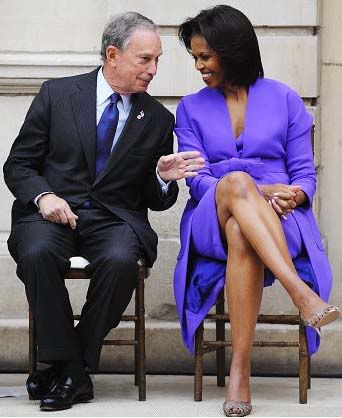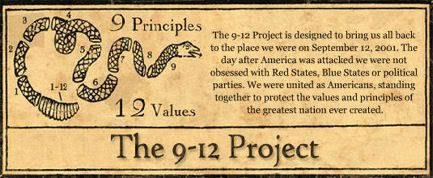(cross-posted at kickin it with cg)
There is nothing new about it – but here’s more proof – that the poor are the most generous givers.
America’s poor donate more, in percentage terms, than higher-income groups do, surveys of charitable giving show. What’s more, their generosity declines less in hard times than the generosity of richer givers does.
“The lowest-income fifth (of the population) always give at more than their capacity,” said Virginia Hodgkinson, former vice president for research at Independent Sector, a Washington-based association of major nonprofit agencies. “The next two-fifths give at capacity, and those above that are capable of giving two or three times more than they give.”
Indeed, the U.S. Bureau of Labor Statistics’ latest survey of consumer expenditure found that the poorest fifth of America’s households contributed an average of 4.3 percent of their incomes to charitable organizations in 2007. The richest fifth gave at less than half that rate, 2.1 percent.

In terms of income, the poorest fifth seem unlikely benefactors. Their pretax household incomes averaged $10,531 in 2007, according to the BLS survey, compared with $158,388 for the top fifth.
In addition, its members are the least educated fifth of the U.S. population, the oldest, the most religious and the likeliest to rent their homes, according to demographers. They’re also the most likely fifth to be on welfare, to drive used cars or rely on public transportation, to be students, minorities, women and recent immigrants.
However, many of these characteristics predict generosity. Women are more generous than men, studies have shown. Older people give more than younger donors with equal incomes. The working poor, disproportionate numbers of which are recent immigrants, are America’s most generous group, according to Arthur Brooks, the author of the book “Who Really Cares,” an analysis of U.S. generosity.
What makes poor people’s generosity even more impressive is that their giving generally isn’t tax-deductible, because they don’t earn enough to justify itemizing their charitable tax deductions. In effect, giving a dollar to charity costs poor people a dollar while it costs deduction itemizers 65 cents.
Which leads to the natural question some might be asking themselves- why are generous people poorer than stingy ones?






